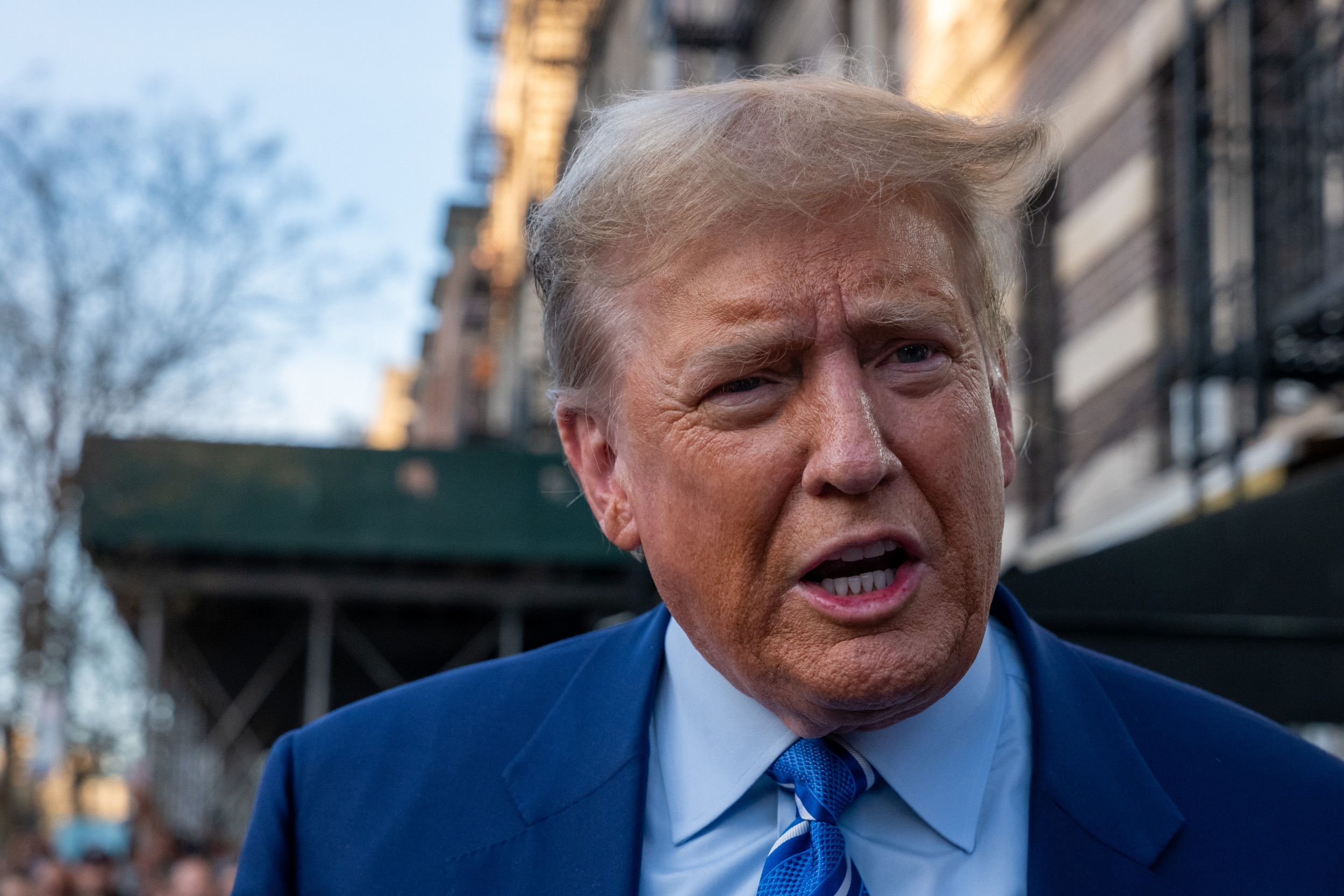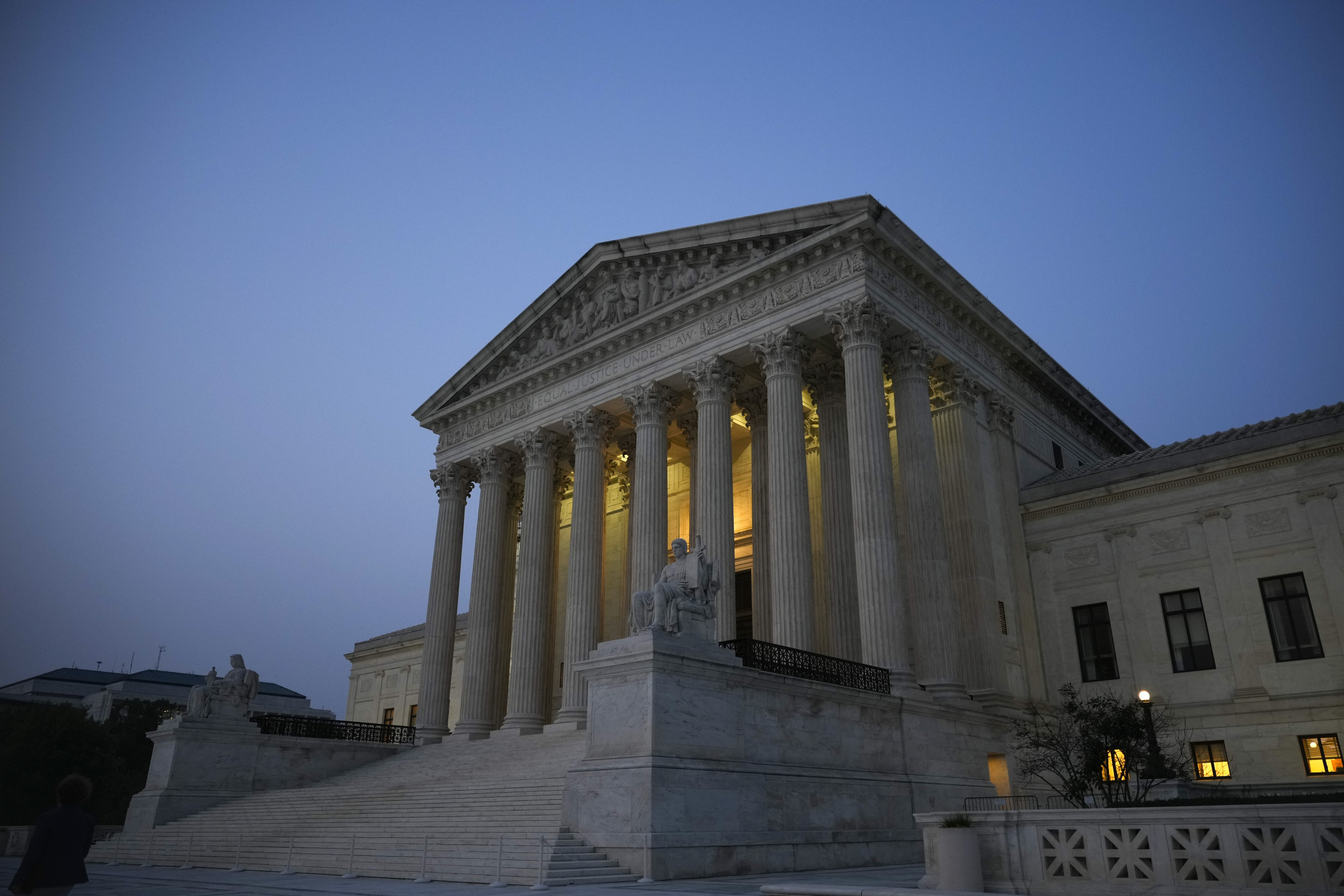
Brexit is a puzzle for Putin. He would never call a referendum he had not arranged in advance to win. Brussels has in the past always arranged to rerun referendums that were lost. The President of the United States, who in the Kremlin mythology treats European countries as vassals, had instructed the United Kingdom to stay in the European Union. Yet here is the U.K. taking the verdict of the electorate as a binding instruction. What color, he may wonder, is this revolution?
Shocked and surprised Western analysts were quick to imagine apocalyptic outcomes to the British decision to leave the European Union. The immediate resignation of Prime Minister David Cameron and the subsequent competition among Conservative members of parliament to succeed him at 10 Downing Street; the early claim from First Minister Nicola Sturgeon that she would have the right to secure Scotland's remaining in the EU; the disastrous behavior of the Labour Party under its official leader Jeremy Corbyn; and the absence of any agreed thinking as to what exactly Brexit might mean now that the U.K. was committed to it, all encouraged a rush to excited judgment in Britain itself. The impact of the referendum result on the other 27 EU countries, and on the commission in Brussels, was equally disorienting. All that would seem to play into the Kremlin's belief in the weaknesses of the EU, and Russian hopes for division in the West.
Yet Russian reactions, whether official or by officially tolerated analysts, have been notably restrained. Given the continuing ferocity of the domestic anti-Western propaganda machine, the ongoing tightening of internal systems of control over Russian society, and the sustained militarization of the country, that reaction has looked to many outside Russia to have been surprising. The Russians should surely have been crowing at the weakening of the European Union and the possible disintegration of the United Kingdom. Russian liberals were dismayed by the prospect of Brexit, and felt even more abandoned. That was fine by Putin. But the immediate foreign policy fallout from the British referendum has been more muted than one might have expected.
There are good tactical reasons for that. The Kremlin has recently toned down its public approach to the West. Russian policies towards Ukraine and Syria have not been as successful as Putin presumably supposed they would be. The easing of Western sanctions is now a primary objective, not least given the dire performance of the Russian economy. There is a limit to the number of times that Russian government spokesmen can tell the electorate that decline has bottomed out, only to find that it has not. Foreign adventures have less public appeal than they did in 2014, while domestic concern as to Russia's future has increased. The presumption is that the parliamentary elections due this autumn will be fixed, but less blatantly than in 2011. The regime does not want to face street trouble again.
Moscow's preference is for encouraging the idea that "business as usual" should develop further in Europe. That is incompatible with obvious attempts, for now at least, to exploit the repercussions of the British decision to leave the European Union. The Russians also need to have a care for their existing nationalistically inclined sympathizers in the remaining 27 EU countries. Comparisons between them and British voters who opted for "Leave" in the referendum are strained, at best. There is, moreover, no single charismatic leader of such voters for the Kremlin to work with.
Trying to promote the idea that Russia is ready to see how far better relations with the U.K. might now be realized is one thing, though probably difficult as the U.K. parliament adjusts to new foreign policy demands, and British commitment to NATO remains strong. But quite how to follow up on such generalized ideas is not at all obvious. U.K. defense forces remain active in supporting NATO efforts to shore up the security of the countries of central Europe, and the leading contender for the succession to David Cameron has argued for an early vote on the renewal of the British submarine based nuclear deterrent, Trident.
Uncertainty within the EU as to the right way to cope with the British departure also argues for Putin and his colleagues to wait to see how matters develop before trying to identify targets for possible exploitation. Berlin has from the start reacted more constructively than did EU ideologues like the EU Commission President Jean-Claude Juncker. Germany's views matter to Moscow. None of that is to say that Moscow would not welcome the EU being brought down to what the Russians would see as its rightful insignificance, and the nations of Europe becoming more open to division in Russia's interests. But it is to say that however great the initial shock of the British decision to leave the EU, predictions of such disintegration are premature, at best.
Sir Andrew Wood was U.K. Ambassador in Moscow 1995-2000, and has since then worked with a number of U.K. based companies interested in the Russian market, and is an associate fellow at Chatham House.
Uncommon Knowledge
Newsweek is committed to challenging conventional wisdom and finding connections in the search for common ground.
Newsweek is committed to challenging conventional wisdom and finding connections in the search for common ground.
About the writer
To read how Newsweek uses AI as a newsroom tool, Click here.








